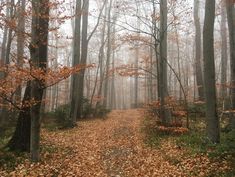T2S goes Biosphärenpark Wienerwald
As part of an excursion of the Transitions to Sustainability (T2S) Doctoral School, we participated in the research morning of the Wienerwald Biosphere Reserve with practically oriented lectures and a guided tour to one of the core zones of the Biosphere Reserve as well as to the socio-economic farm Ökogarten Mödling of Arge Chance.
The research topics presented during the research morning were all related to one of Austria's biosphere reserves. They contribute on different levels to a beneficial interaction of humans, animals and nature. Harmonising this coexistence is the goal of biosphere parks, which are based on a UNESCO concept. The presentations dealt with the impact of wildflower strips on biodiversity, the perception of wildflower strips by the population, the importance of recreational areas in and around Vienna during the COVID pandemic and the biodiversity of both insects and (fascinating) microscopic fungi in cattle dung.
Christian Diry, representing the Wienerwald Biosphere Reserve, showed us the Schwarzlacken core zone. The aim of core zones is a rewilding of the forest, partially to primeval forest. One challenge in this core zone was the reconciliation of the different interests of, among others, hikers, cyclists, forest owners, local residents and nature conservationists. Participatory processes were used to develop strategies together with stakeholders.
In the certified organic garden in Mödling, a partner business of the biosphere reserve, many formerly long-term unemployed people work together with gardeners and a social pedagogue so that they can successfully re-enter working life. This interaction of social, ecological and economic aspects has many positive effects, but requires a lot of personal commitment and also bureaucratic effort.
We sum up: in practice, the implementation of transformation projects is connected with many challenges and the visited operations have found interesting ways to master them.
Further information on the projects can be found here:
https://www.argechance.at/oekogarten-moedling-.html
https://www.unesco.at/wissenschaft/der-mensch-und-die-biosphaere/unesco-biosphaerenparks

